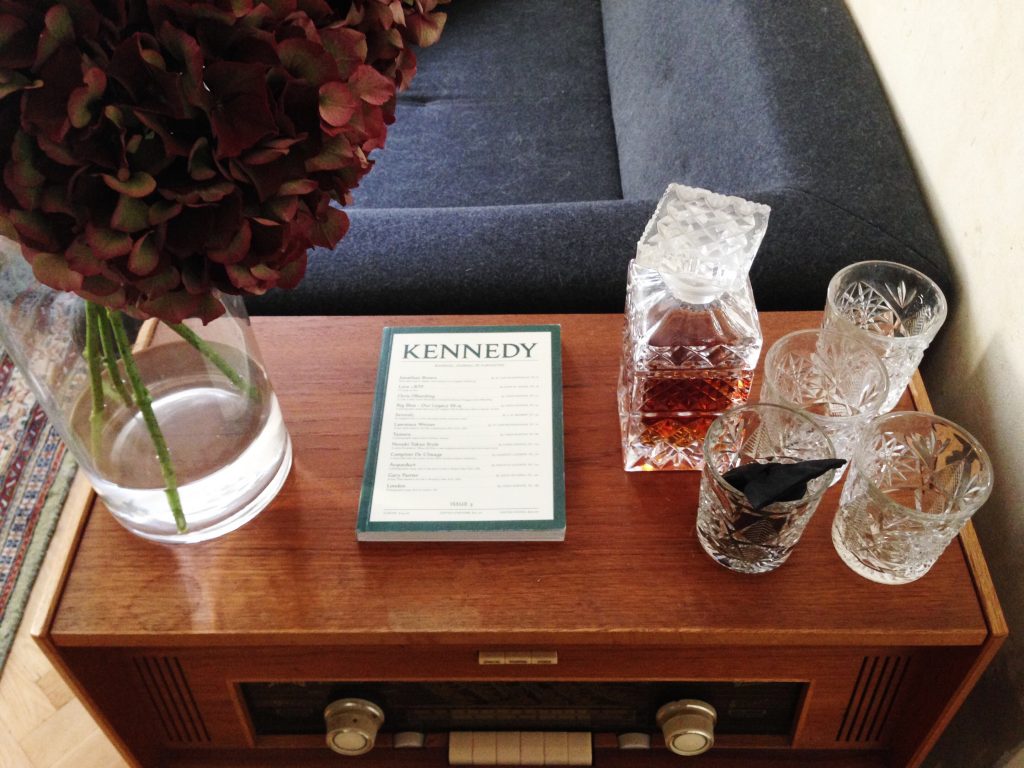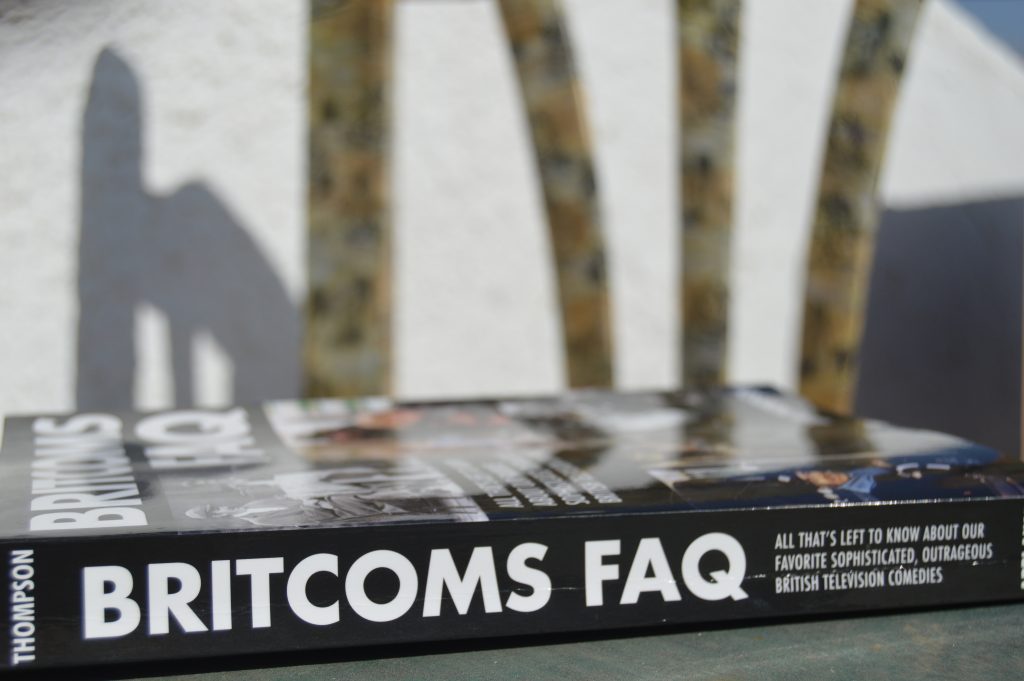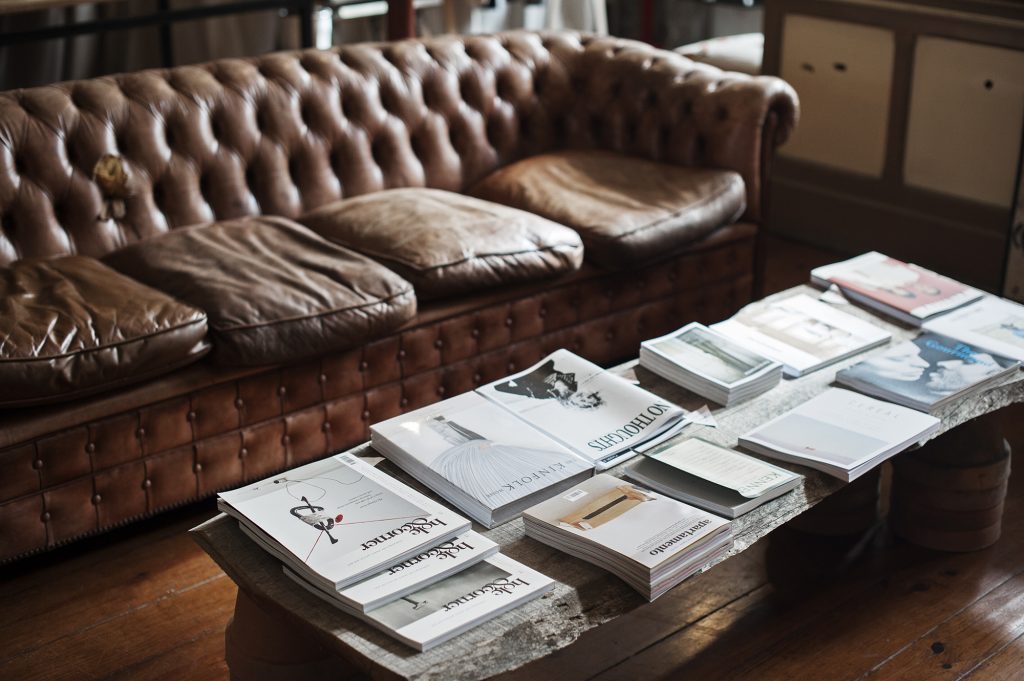Diplomacy and decorum are not there for the good of our collective healths, while some might consider them the reserve of the snobbier end of a risible class system, once you put to one side the overtly sexist era of ‘ladies first’, you can allow for the fact that the world is a far more pleasant place if everyone holds doors open for everyone else.
Manners serve a functional purpose; nods, smiles, pleases and thank yous put people at ease, they create an unthreatening society – they oil the cogs of civility.
But are there occasions when manners can actually throw a spanner in those works – clank the cogs rather than lubricate them? One would like to think not, but let me take you to a place where the door should be firmly slammed shut in the face of manners. The comedy club.
Certain comedy venues can serve as veritable bear pits. The weak are savaged, torn to shreds and left begging for their dignity. With egos shattered, those who bear the brunt of heckles, jeers and impolite requests to ‘please leave the stage’ probably hear the echoes of their dinner party friends’ words of encouragement: “you’re hysterical, have you considered stand-up?”
It is no coincidence that it is in these savage arenas of despair that some of the greatest comedy acts are forged. Honing their skills in the face of an audience with little or no mercy, and certainly – the killer ingredient – no manners.
It is perhaps an occasion we can observing the rules of evolution among our own species – only the fit, or rather funny, survive.
Apart from when…
On a recent outing to an English comedy night in Sweden, I bore witness as to how politeness could have upset the very balance of cultural evolution. A young comedian, whose native tongue was neither English nor Swedish, was breaking his comedy cherry. First gig and in a foreign language – bravo to him, there was not a soul in the house not willing him to win.
But he lost.
A poorly-delivered, partially-inaudible, sometimes sexist, never-funny fail of an act. And the comedian left the stage blissfully unaware of that fact.
The audience had paid good money to be entertained, and he had let us down. But what had let me – and arguably him – down more was the gently-encouraging audience who feigned chuckles on cue, but never belly-laughed on impulse. In the face of a crime against comedy, we – the judge and jury – let him off, free to reoffend.
Did he then toddle off home content with his debut? “Sure,” he may have though, “I was a little nervy, but the audience DID laugh and they DID clap.” With that affirmation, perhaps he will go on, add more jokes of a similar lacklustre ilk, and disappoint more paying audiences in months to come.
 And we have no one to blame but ourselves.
And we have no one to blame but ourselves.
What if we booed, heckled abuse and made him cry? Maybe he would never venture near a stage again? Hardly a great loss to great comedy. But perhaps he would have gone home and considered his act. “Do I REALLY want to be a comedian?”, he might’ve pondered. The learning curve is started, act tweaked and perfected, new jokes written, inspiration sought. Who knows what success lies in his future if that is the go-getting approach he adopts?
Those tough venues are comedy boot camps, through them commercial or cult status can be found, the weak are filtered out and left by the wayside. Your instinct to observe good manners is not welcome here. No one is suggesting you have to be out-and-out rude – although many comedians thrive off their abilities to ‘counter-heckle’ – just don’t laugh if it is not funny, don’t clap if you don’t approve.
The brutality is there for good reason, don’t spoil it for the rest of us just because you feel sorry for the scared little comedy newbie startled by the stage lights.





